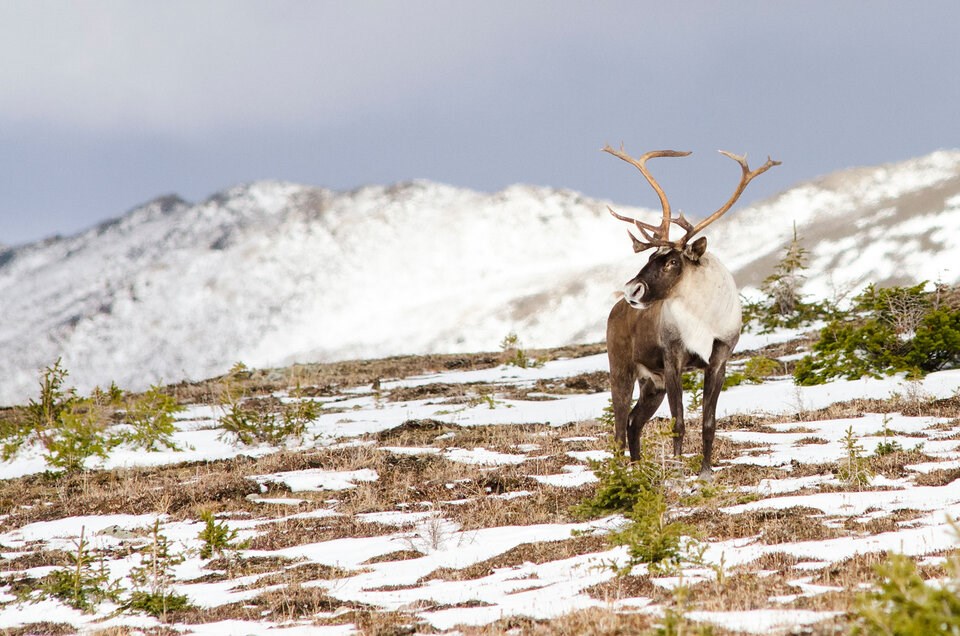A park in British Columbia is expanding to more than 170,000 hectares, making it the largest established provincial park in a decade.
The Ministry of Environment announced on Friday that the expansion of Klinse-za Park/Twin Sisters Provincial Park will better protect wildlife habitat and sacred sites.
George Heyman, Minister of Environment and Climate Change Strategy, says protecting and recovering threatened species and their habitat is a priority for B.C. and First Nations.
“The decline of caribou is a complex problem, and we continue our work to stabilize populations,” says Heyman.
"Providing a large area that protects caribou and their habitat from development is a critically important step forward that is consistent with the agreements we first announced in 2020.”
Klinse-za Park will expand to five times the park’s original size (2,700 ha) and will be over twice the size of Manning Park. The park will have 200,000 hectares of land and two mountains known as Twin Sisters Provincial Park.
The park is home to the central group of southern mountain caribou, which consists of five remaining herds. There are fewer than 4,000 southern mountain caribou in B.C. and they are a threatened at-risk species.
Ministry staff believe the number of caribou in B.C. have declined by more than 55 per cent. They link it to human-caused habitat disturbance.
Chief Rudy Paquette of the Saulteau First Nations says the sacred area will now be protected by their people forever.
"This is another step in the process by which we are proving that we can recover endangered species and protect the sacred lands of First Nations people, while also providing for healthy ecosystems and diverse economies,” says Paquette.
Two maternal penning sites for caribou will now be within the park’s boundaries. Current maternal penning projects that are being operated by West Moberly First Nations and Saulteau First Nations have successfully grown the caribou heard from 36 in 2013 to 138.
“We will continue to pursue a better path towards recovering caribou and finding balance,” says Chief Roland Willson of West Moberly First Nations.
At-risk species such as fishers, bull trout, grizzly bears and wolverines are also in the expanded park.
“Protecting the habitat and foods that caribou depend on is key to long-term both caribou and community health. This park expansion is much awaited and welcomed for this iconic species,” says Tori Ball, director at Canadian Parks and Wilderness Society.
The park's expansion comes from a 2020 partnership agreement between federal and provincial governments with West Moberly and Saulteau First Nations.
The federal government has committed nearly $20 million to support the caribou recovery program throughout B.C., in addition to funding on-the-ground recovery actions by multiple First Nations.


